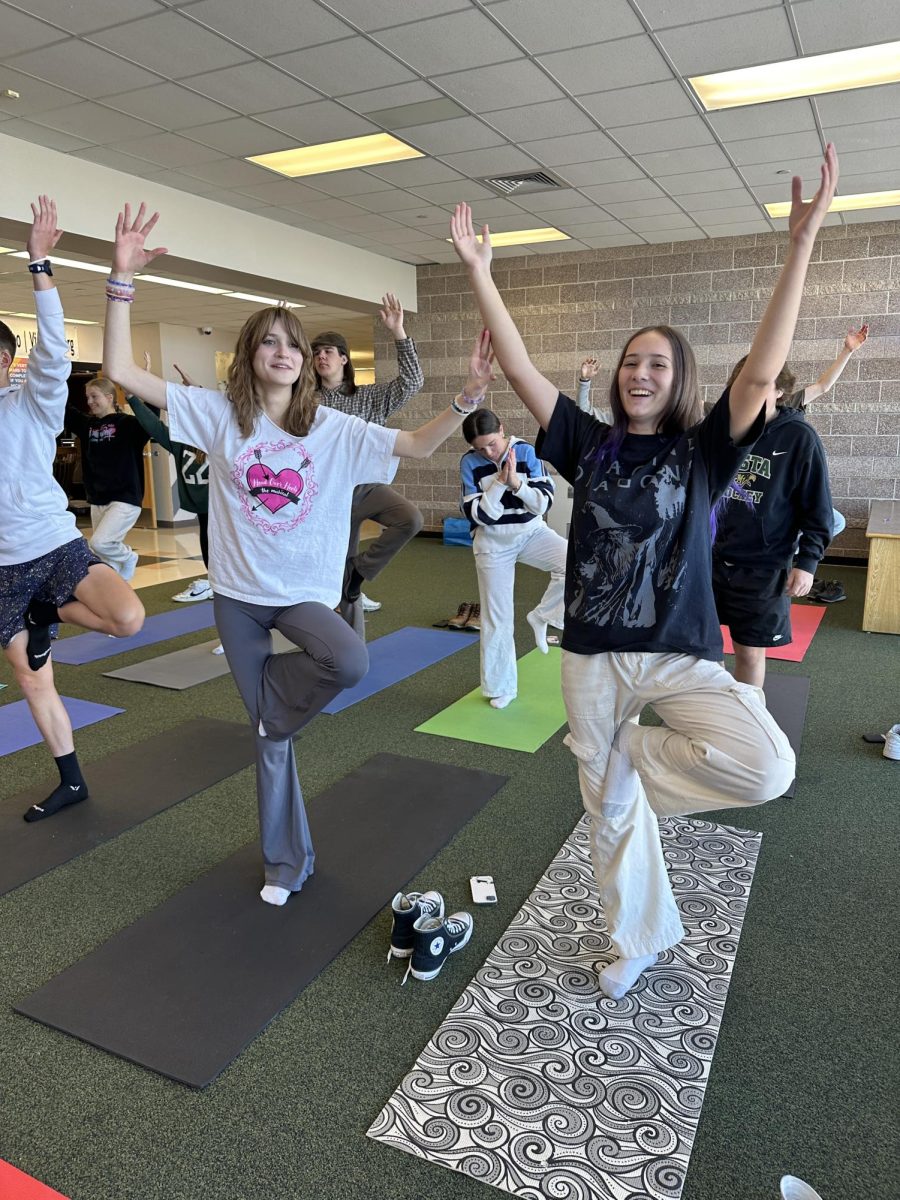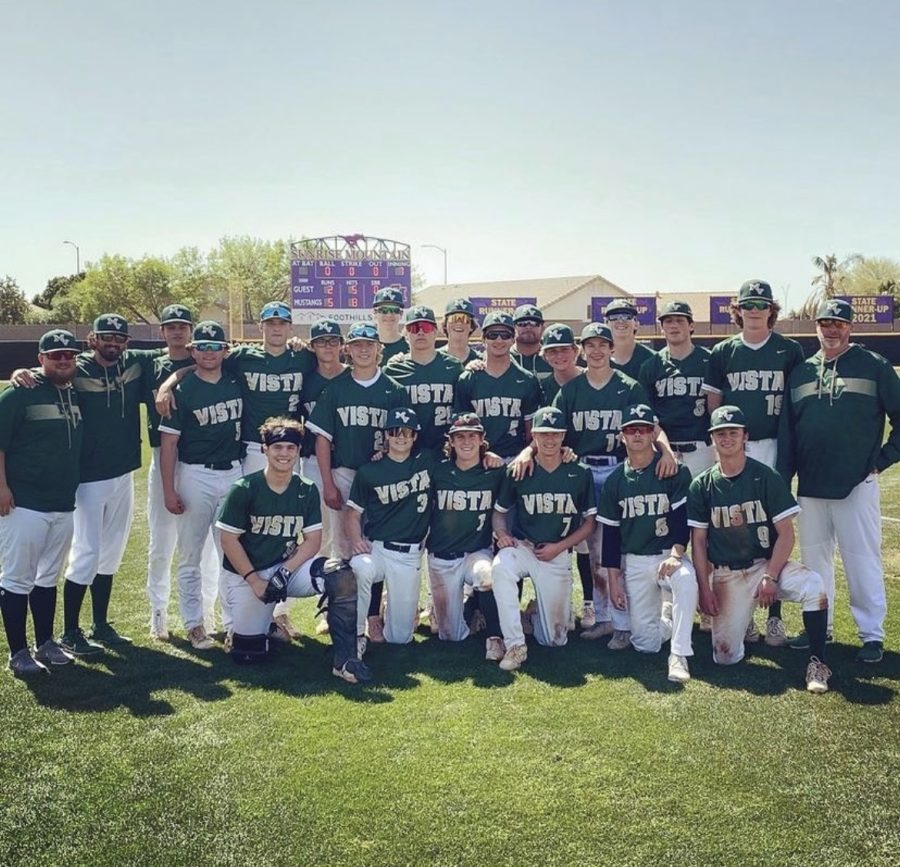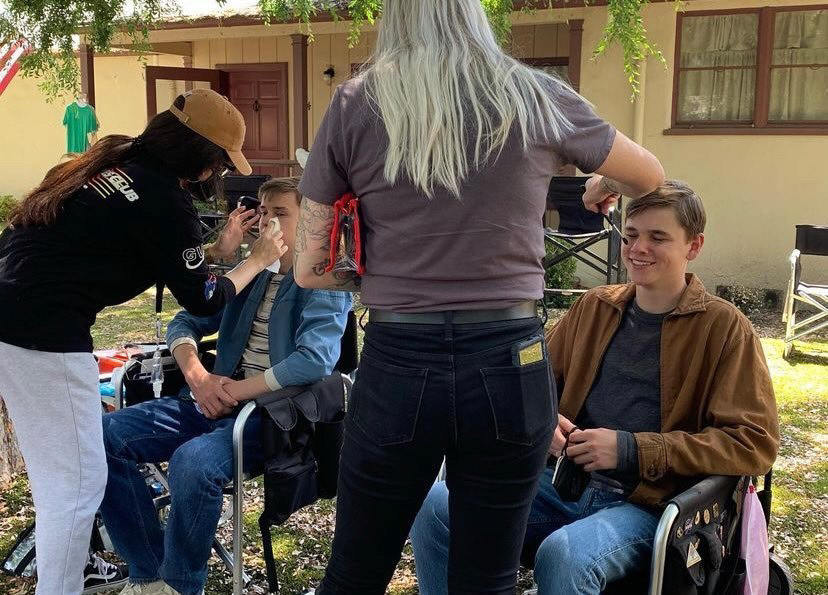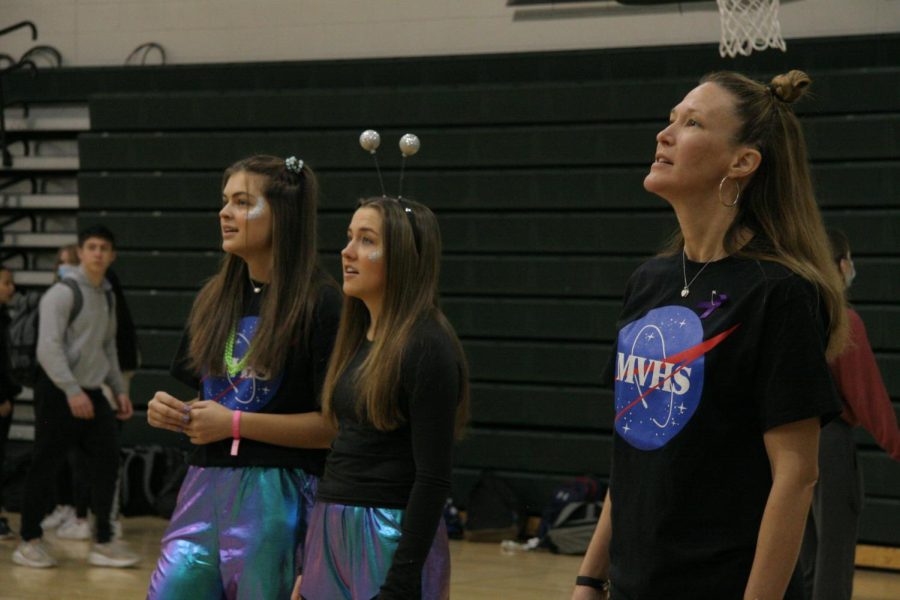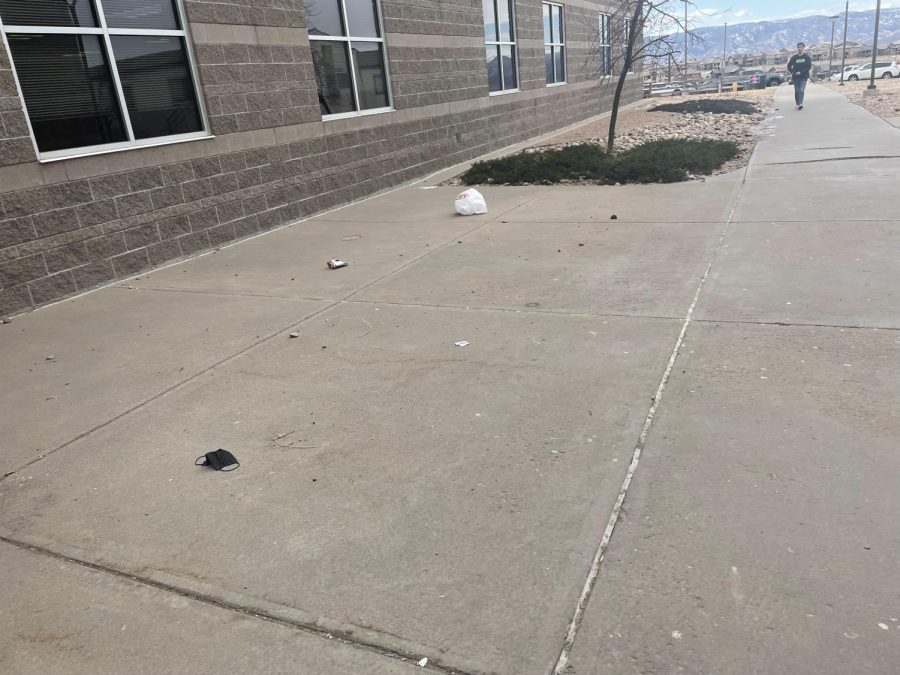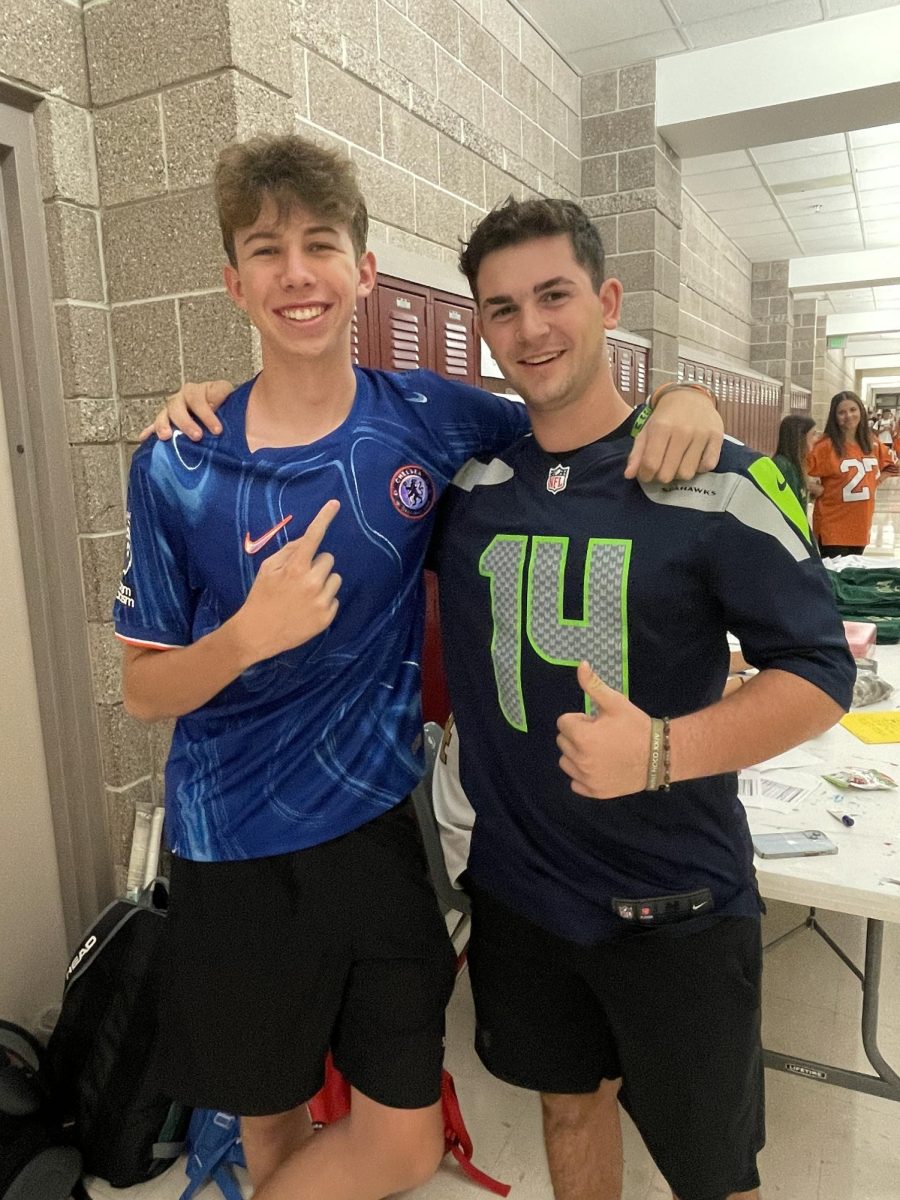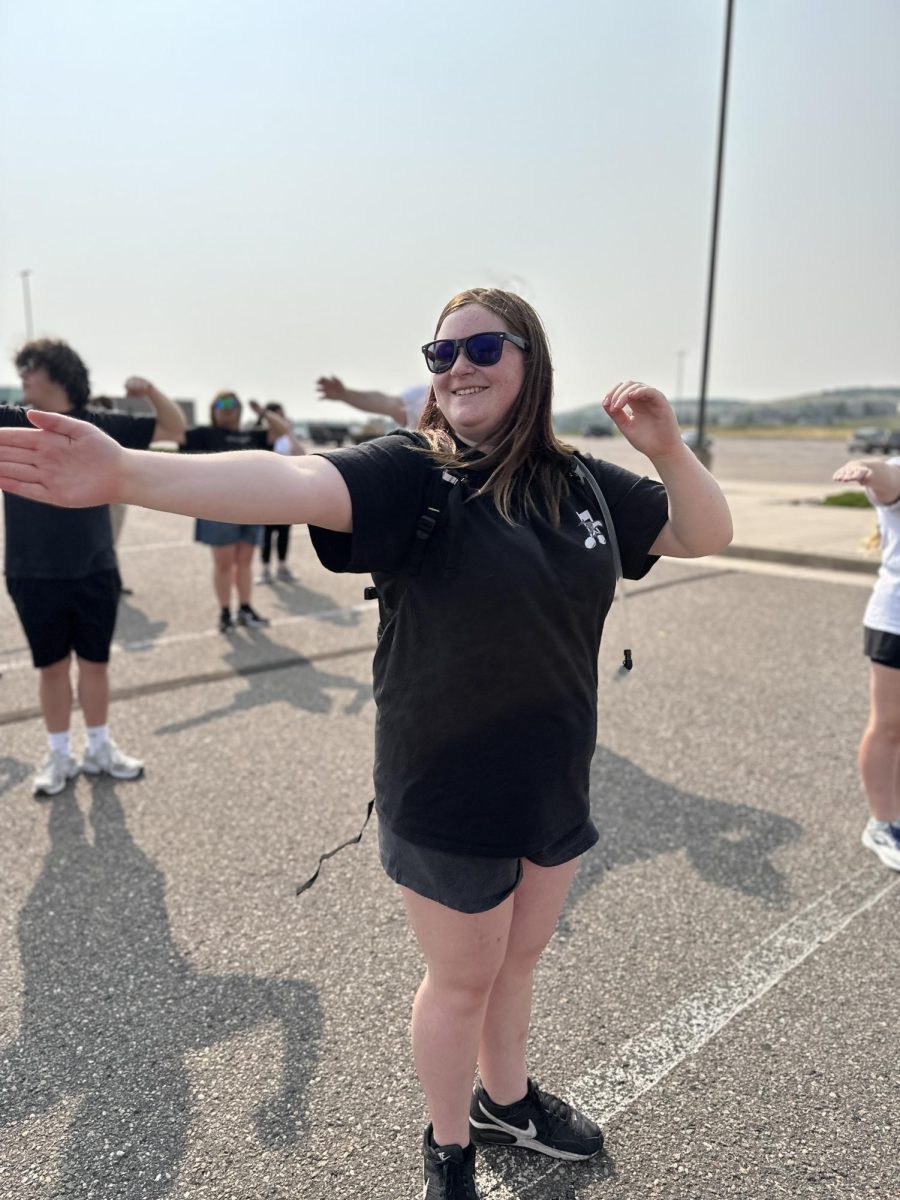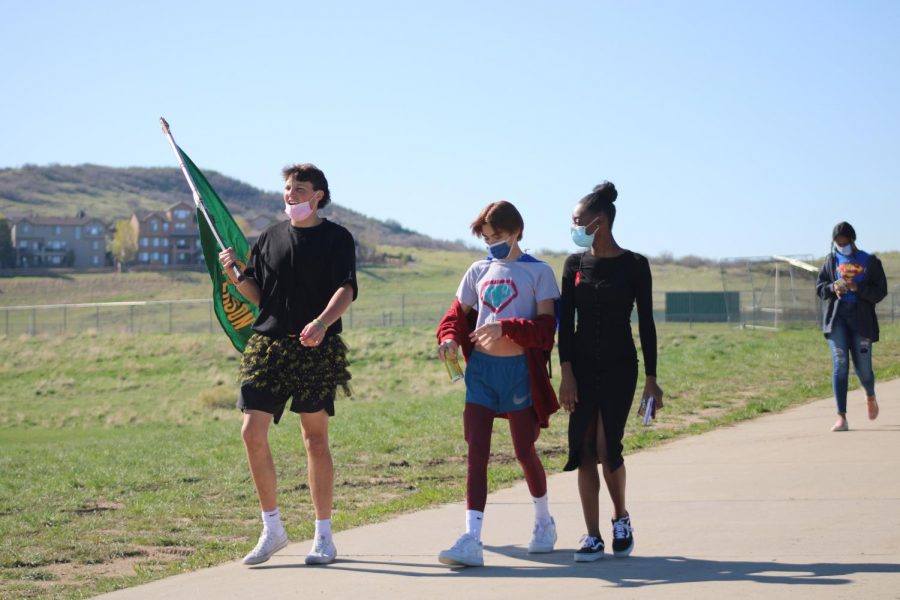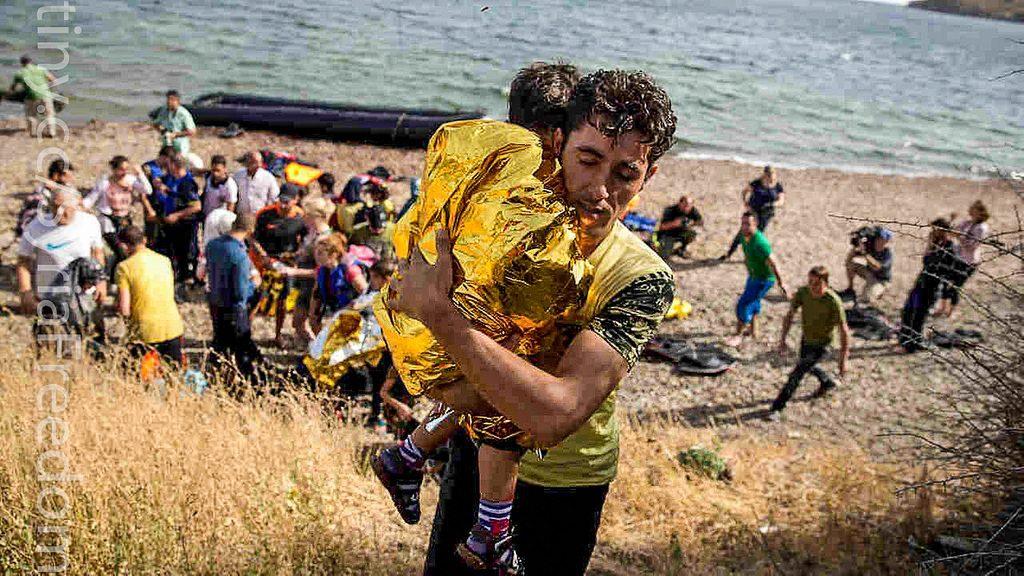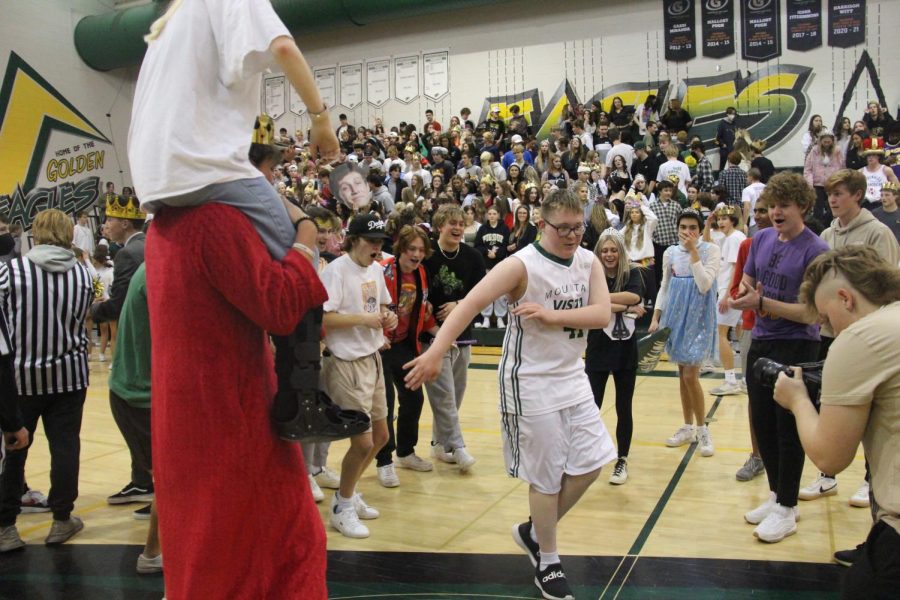Living in the United States, it can be hard to grasp the true magnitude of the tragedy that is the Syrian Refugee Crisis. Well over 11 million Syrian citizens, which constitutes half of their pre-war population, have either been killed or forced to flee since March 2011 due to the current political situation.
“This refugee crisis is the worst humanitarian crisis in the modern era,” Tiffany Wilk, an administrative and research assistant for the University of Denver’s Center for Middle Eastern Studies, said.
Wilk said Bashar Al-Assad, the Syrian president, “responded with extreme force” when thousands of Syrian civilians “revolted against a violent and repressive government by taking to the street in peaceful protest.”
According to Wilk, over 90 percent of the civilian deaths in Syria come at the hand of the government. This often comes as a surprise, as many believe ISIS is responsible for the most deaths.
The media attention surrounding the crisis spiked during 2015, especially after the heart-wrenching photo of Alan Kurdi, a three-year-old Syrian boy, lying lifeless on a Turkish beach, began to circulate. However, due to recent attention-grabbing events during the latter part of 2016 and early 2017, such as the United States presidential election, much of the previously received focus has been diverted from the crisis.
The issues revolving around Syria that are now commonly reported surround conflict between the rebels (supported by the United States) who are fighting the current Syrian government led by Al-Assad (backed by Russia).
Now that much of the spotlight has been diverted from the refugees in Syria, it is important to refocus the attention on the true issue.
“Hundreds of thousands of innocent civilians have been killed in their country by their president and his army. Thousands more have been killed while trying to flee the country,” Wilk said. “The international community has been extremely slow and reluctant to act. For that reason, many people living in the Middle East are feeling abandoned by the international community.”
The magnitude of the devastation experienced by the Syrian community cannot be covered by the political arguing between world leaders. This issue is much deeper than the power struggle between opposing nations.
“This impacts their culture, as they feel like they can’t necessarily trust world leaders to have the interest of Arab peoples at heart,” Wilk said.
“We at the Center for Middle East Studies believe that it is an absolute moral imperative for the United States to accept as many refugees as we can,” Wilk said. “We are disappointed in the slow response of former President Obama, and believe we could be doing much more to help this issue.”
All of this begs the question, why hasn’t this problem been solved yet? Why is the United States, United Nations and other western institutions so reluctant to move on this issue?
Especially with the recent loss of the most populated city, Aleppo, to the President Bashar Al-Assad, there seems to be no hope for relief for those still trying to maintain a life in Syria. Barrel bombs and jet strikes on hospitals and schools make the living conditions in Syria treacherous.
Within the next few months, it is not likely that the circumstances for these refugees will brighten. With President Donald Trump blocking entry from Syria and six other countries, it is safe to assume that no relief for these struggling families and citizens will be found in the United States.
In order to combat this atrocity, it is required that each citizen and government official in every country reflects internally on the deeper issue. The importance of a human life does not stem from the country of origin, race or religion. It is imperative in this situation that individuals do not allow borders drawn by world leaders to assign value to a life.
Just as Wilk said, “We are facing the biggest humanitarian crisis of our lifetimes.” This issue can no longer remain lost in the shuffle of politics or democratic relations. The plight of the Syrian people requires the effort and voice of each individual speaking out against the unprecedented oppression of an entire culture and country in order to arrive at a solution. In order to give refuge to the deserving people of Syria. In order to retain the humanity of each and every nation, including our own.





